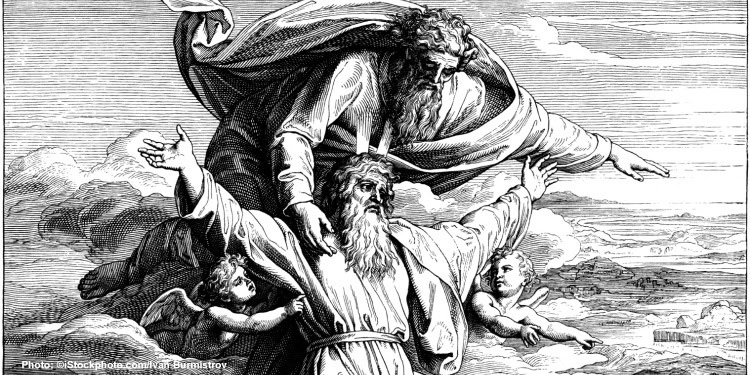A Place of Humility
Yael Eckstein | August 14, 2023

At that time I pleaded with the LORD. — Deuteronomy 3:23
Prayer in Judaism is defined as “the work of the heart,” which profoundly changes the nature of prayer from one of entreating God to an act that transforms who we are—not what God does. These devotions focus on different facets of prayer and what lessons we can learn about the power of our prayers.
As a mother, I’m used to being asked for things, from ice cream and a new toy to just one more bedtime story. These pleas come from many different places. Sometimes, my children feel they deserve something and are asking with a sense of justice. Sometimes, they are jealous of their siblings and want me to make things fair. Sometimes, they know there is no justification, but they’re appealing to my sense of generosity. These types of requests are not so different from the ways in which we pray to God.
In today’s verse, we see Moses’ impassioned plea to enter Israel, despite God’s decree that he would not. (See Deuteronomy 1:37.) Moses says “va’etchanan”—“I pleaded”—the only occurrence of this word in the Jewish Bible. This unique word—which comes from “chen,” meaning “grace” —teaches us about one specific type of prayer.
A Place of Humility
Moses was asking God for a favor, without any sense of entitlement. We so often pray for things because we feel that we deserve them. Moses, however, the humblest man who ever lived, recognized that everything we have, including life itself, is an unearned gift from God. Who are we to ask for more?
He could have approached God with a list of reasons why he deserved to enter the Promised Land. After all, Moses had devoted his entire life to leading Israel toward God, despite endless challenges along the way. He overcame his speech impediment, confronted Pharaoh in Egypt, led the stubborn children of Israel through the desert, brought down the Ten Commandments, and more.
In return, all he wanted was to set foot in the Holy Land. Nevertheless, Moses approached God with humility by saying, “I know I don’t deserve it, but if it be Your Will, I’d really appreciate this favor.”
Praying with humility became a model for Israel’s other leaders. In Psalm 86, David says, “Hear me, LORD, and answer me, for I am poor and needy” (v.1). As the King of Israel, David was clearly not poor, but like Moses, he turned to God from a place of humility, begging God to hear his prayer out of grace.
Your Turn:
Cultivate an attitude of humility in prayer, without thinking of what you deserve from God.
